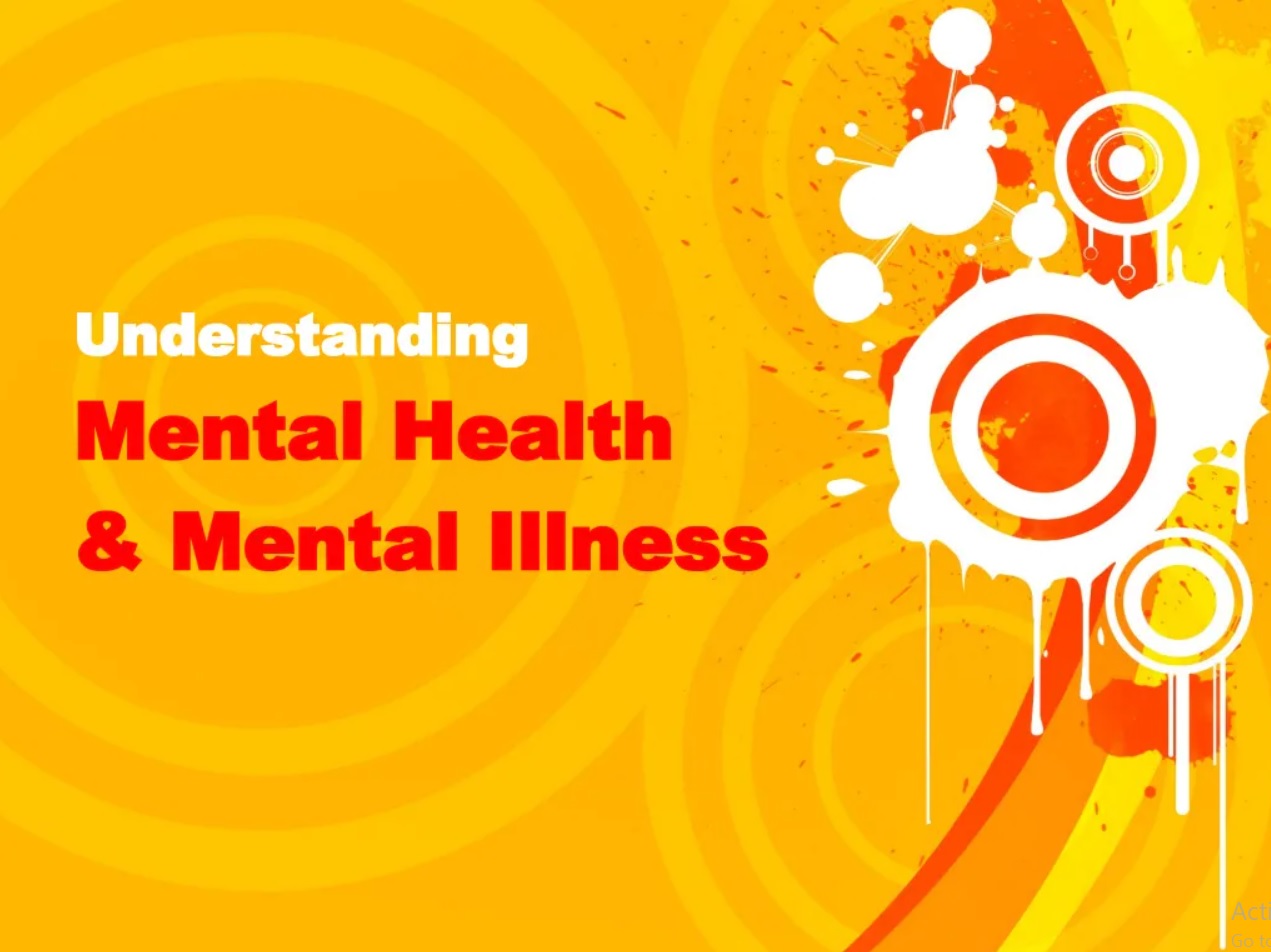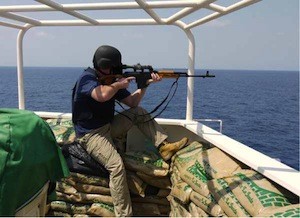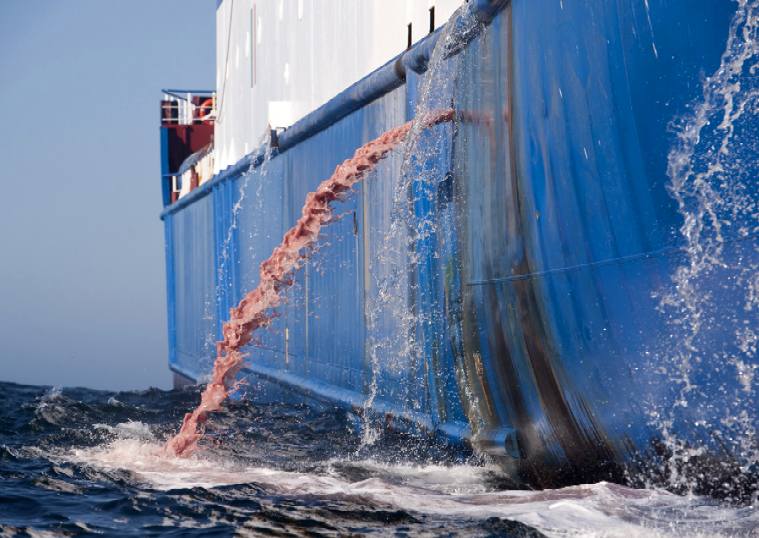The key to reducing loss of life, personal injuries, and damage from natural disasters is widespread public awareness and education. People must be made aware of what natural hazards they are likely to face in their own communities. They should know in advance what specific preparations to make before an event, what to do during a hurricane, earthquake, flood, fire, or other likely event, and what actions to take in its aftermath.
Equally important, public officials and the media - television, radio, and newspapers must be fully prepared to respond effectively, responsibly, and speedily to large-scale natural emergencies. They need to be aware, in advance, of procedures to follow in a crisis that threatens to paralyze the entire community they serve, and they need to know how to communicate accurate information to the public during a natural disaster.

This Advanced Fire Fighting course covers the mandatory competences and the required knowledge, understanding and proficiencies prescribed in Section A-VI/3, Table A-VI/3 of the STCW Code.
This Personal Safety and Social Responsibilities course covers the mandatory competences and the required knowledge, understanding and proficiencies prescribed in Section A-VI/1, Table A-VI/1-4 of the STCW Code.
This
requires a total of sixteen (16)
instructional hours to cover the topics enumerated in Part B - Course Outline.
This Elementary First Aid course covers the mandatory competences and the required knowledge, understanding and proficiencies prescribed in Section A-VI/1, Table A-VI/1-3 of the STCW Code.
This requires a
total of sixteen (16) instructional hours
to cover the
topics enumerated in
Part B - Course
Outline.
This Fire Prevention and Fire Fighting course covers the mandatory competences and the required knowledge, understanding and proficiencies prescribed in Section A-VI/1, Table A-VI/1-2 of the STCW Code.
This requires a total of sixteen (16) instructional hours to cover the topics enumerated in Part B - Course Outline.
This Personal Survival Techniques course covers the mandatory competences and the required knowledge, understanding and proficiencies prescribed in Section A-VI/1, Table A-VI/1-1 of the STCW Code.
This requires a total of sixteen (16) instructional hours to cover the topics enumerated in Part B - Course Outline.
This is a training course for Instructors and Assessors and Familiarization on the use of LMS
The Security Awareness Training and Seafarers with Designated Security Duties course covers the mandatory competencies and the required knowledge, understanding, and proficiencies prescribed in Section A-VI/6, Table A-VI/6-1, and Table A-VI/6-2 of the STCW Code.
This requires a total of eight (8) hours of instructional hours to cover the topics enumerated in Course Outline.

This course aims to impart the mandatory minimum requirements of the 1978 International Convention on Standards of Training Certification and Watchkeeping for Seafarers (STCW), as amended for knowledge, understanding and proficiency of marine deck and engineer officers in the operational and management levels as provided in Sections A-II/1, II/2, II/3 and in Tables A-III/1, III/2, and III/3, respectively, of the STCW Code for the function Controlling the Operation of the Ship and Care for Persons on Board.
This consolidated course covers the requirements of the International Convention for the Prevention of Pollution from Ships, 1973 as modified by the Protocols of 1978 and 1997 (MARPOL 73/78) based on the technical content provided in Annexes I to VI.
This course requires a total of forty (40) instructional hours to complete, consisting of theory (70%) and demonstration/practical work (30%) activities. The subject matter includes Introduction; MARPOL Annex I (Prevention of Pollution by Oil); MARPOL Annex II (Control of Pollution by Noxious Liquid Substances); MARPOL Annex III (Prevention of Pollution by Harmful Substances Carried by Sea in Packaged Form); MARPOL Annex IV (Prevention of Pollution by Sewage from Ships); MARPOL Annex V (Prevention of Pollution by Garbage from Ships); and MARPOL Annex VI (Prevention of Air Pollution from Ships).
The conduct of assessment and evaluation is allotted thirty (30) minutes for written and one (1) hour of practical assessment.
